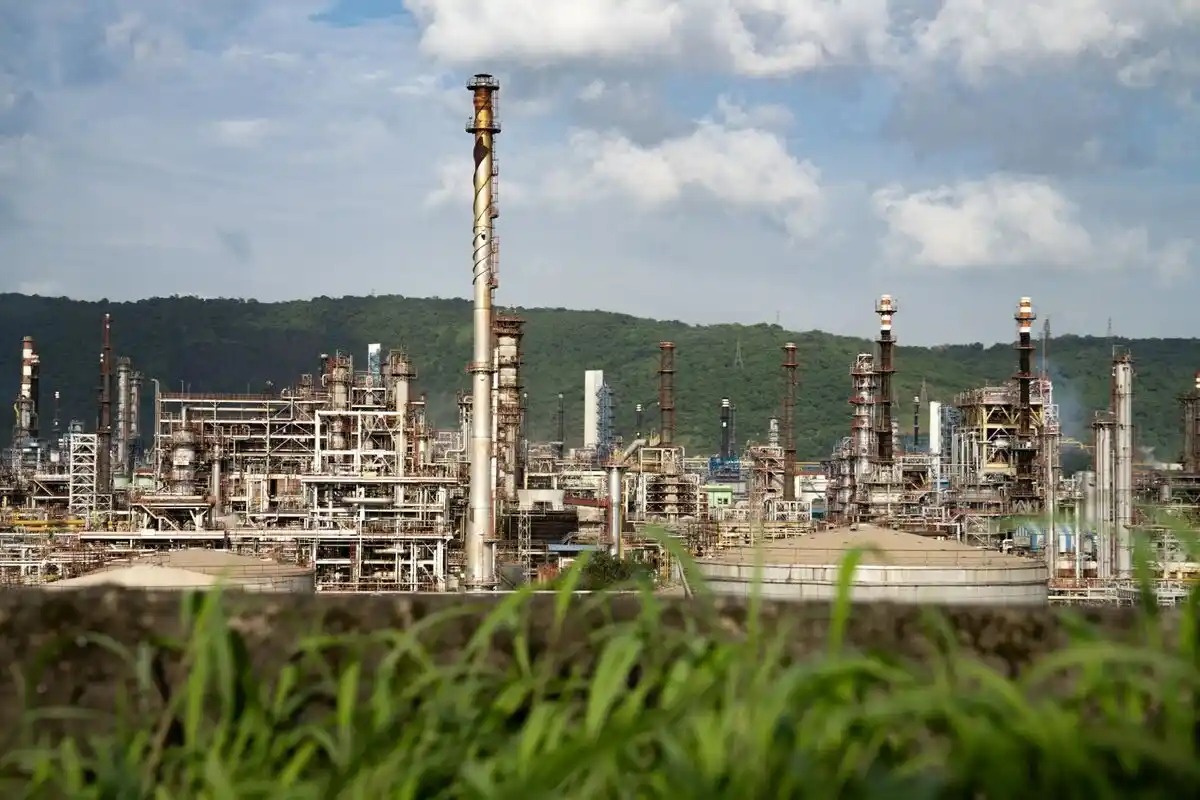According to Bloomberg, shipments of Russian oil to India could decline significantly after President Donald Trump stated that Prime Minister Narendra Modi had promised to halt imports of crude from Russia.
Six senior executives from India’s state-owned oil refiners admitted that the president’s remarks caught them off guard. As Bloomberg notes, all of them preferred to remain anonymous since they were not authorized to comment on government decisions. Three of the executives said that India’s purchases of Russian oil could indeed fall in the short term until New Delhi receives official guidance.
Between Washington and Domestic Pressure
India’s trade in Russian oil has been under close scrutiny from the United States for much of the year. Washington has repeatedly pointed to India’s oil imports from Russia as a justification for imposing higher tariffs on goods from South Asia. In response, New Delhi has been trying to strike a delicate balance — preserving energy independence while avoiding a major diplomatic clash with Washington.
President Trump continues to increase the pressure, but Modi also faces internal challenges. Within India, opposition parties and public groups are urging the government not to yield to external influence and to defend the country’s energy sovereignty.
Reviewing Procurement Strategies
As Bloomberg reports, India’s leading refiners — the state-owned Indian Oil Corporation (IOC) and privately held Reliance Industries Ltd. — have begun reassessing their crude purchasing strategies. The issue is not only political but also economic: Russian oil grades such as Urals are several dollars cheaper per barrel than crude from the Middle East, Africa, or the Americas. This price advantage makes Russian oil particularly attractive for India, where energy dependence remains a pressing concern.
Before the war in Ukraine, Russia’s share of India’s oil imports was almost negligible. Over the past two years, however, Moscow has become India’s largest supplier. Now New Delhi finds itself forced to search for alternatives — a difficult task given the shortage of cheap and reliable options.
Tankers, Routes, and Sanctions
Data from analytics firm Vortexa show that about 60 million barrels of Russian crude are currently en route to India. Roughly half of that volume is destined for the Sikka port, which serves Reliance. One of the tankers — the Jacklyn, sanctioned by the European Union and the United Kingdom — arrived there on Thursday, carrying crude from Russia’s Far East.
Nevertheless, Indian refiners have not engaged in panic buying of alternative crude. Traders who regularly deal with India say the market remains stable, though uncertainty is growing.
Balancing Interests
According to estimates from Kpler Ltd., made prior to Trump’s remarks, Russian oil shipments to India in October were expected to average about 1.7 million barrels per day — up 6% from September but slightly below the level of a year earlier.
President Trump did not specify a timeline for India to end its purchases of Russian crude, nor did he indicate what measures Washington might take if the promise is not fulfilled. He only noted that the process would not happen immediately.
India’s Ministry of Petroleum, Bloomberg reports, did not respond to requests for comment. However, Foreign Ministry spokesperson Randhir Jaiswal emphasized that the country’s energy policy is “entirely guided by the interests of the Indian consumer” and that “discussions with the United States are ongoing.”
A Choice Without Easy Answers
New Delhi finds itself caught between two competing pressures: on one hand, Washington’s demands and the desire to maintain strategic relations with the United States; on the other, the need to keep domestic fuel prices low.
Experts believe India will continue to walk a tightrope — reducing imports when American pressure intensifies and increasing them again once it subsides. This pendulum reflects the central dilemma of India’s energy policy: choosing between political alliances and economic pragmatism.
This article was prepared based on materials published by Bloomberg. The author does not claim authorship of the original text but presents their interpretation of the content for informational purposes.
The original article can be found at the following link: Bloomberg.
All rights to the original text belong to Bloomberg.


















